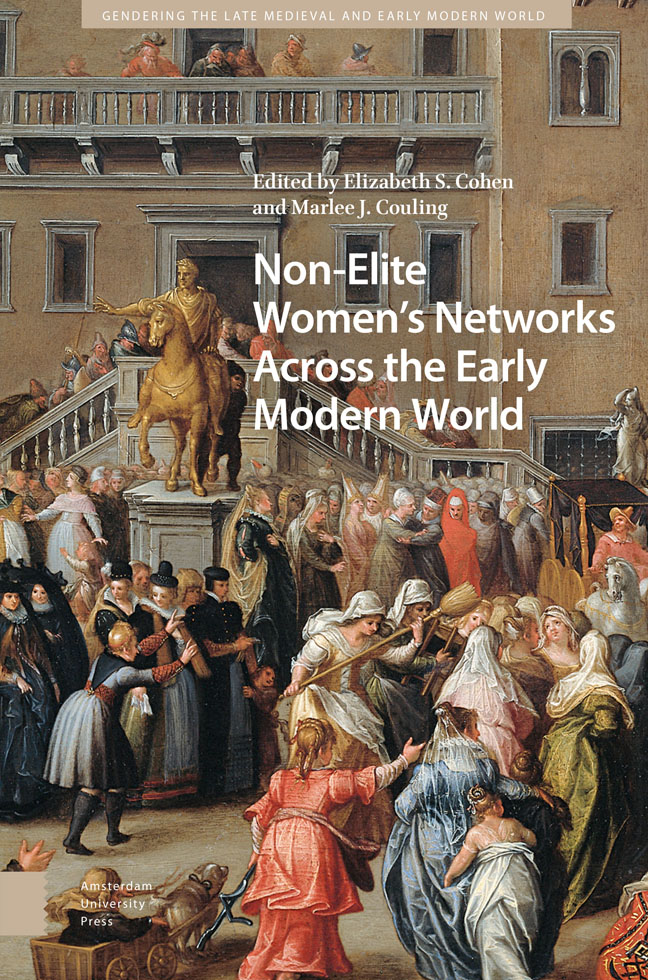8 - Food and Drink Make Relationships: Female Alliances and Commensality in Celestina and La Lozana andaluza
Published online by Cambridge University Press: 20 February 2024
Summary
Abstract: The literary representations of everyday commensality as signifiers of group culture serve not only to show power and social relations built on shared tastes, but also to uncover how gendered social norms are constructed. This chapter examines the ways in which the notion of commensality shapes the networks of the prostitutes as represented in Spanish early modern fictions, Fernando de Rojas's Tragicomedia de Calisto y Melibea (1502) and Francisco Delicado's La Lozana andaluza (1528). I argue that the fictional characters of Celestina and Lozana actively use the exchanges and consumption of food and drink for mutual female support, but also for manipulation of others in pursuit of self-interest.
Keywords: prostitutes, women's alliances, commensality, early modern Spain, female picaresque
Decades of scholarship have shown us that early modern women, including the non-elite, exerted agency in their society, economy and culture. In the process of surviving and supporting their families, local networks often supported non-elite women practically and emotionally through the challenges of their everyday lives, including the inevitable neighborly disputes and conflicts. This essay examines the literary representation of the role of food and drink in the sociability and networking of prostitutes in two early modern Spanish prose fictions, Fernando de Rojas's Tragicomedia de Calisto y Melibea (known as the Celestina) (1502) and Francisco Delicado's La Lozana andaluza (Portrait of Lozana: The Lusty Andalusian Woman) (1528). Both texts feature as protagonists lower-class, self-supporting women working in the sex trade. Despite their socially marginalized status within their fictive urban neighborhoods, the characters of Celestina and Lozana are remarkably outspoken and transgressive. To study the complexity of networks and sociability of the prostitutes in these early modern Spanish texts, I follow the broad understanding of alliances proposed by Susan Frye and Karen Robertson in two ways: (a) by incorporating “any forms of women's interrelationships while retaining [a] sense of the sexual politics of women's connections” and (b) by examining a range of social dynamics among non-elite, working women, competitive and supportive, spiritual and practical. I argue that the fictional characters of Celestina and Lozana actively use the offer and consumption of food and drink to build alliances with other women. These exchanges represent possibilities for mutual female support, but also for manipulation of others in pursuit of self-interest.
- Type
- Chapter
- Information
- Non-Elite Women's Networks across the Early Modern World , pp. 187 - 204Publisher: Amsterdam University PressPrint publication year: 2023



